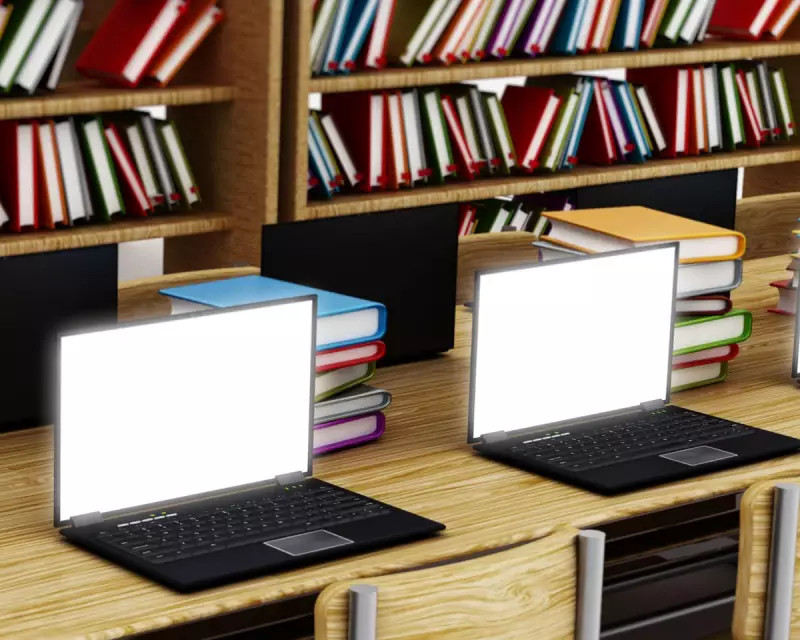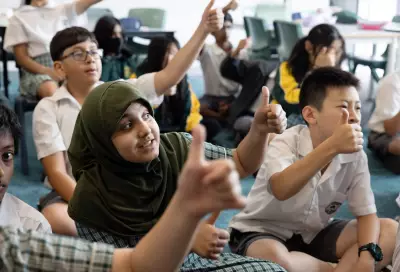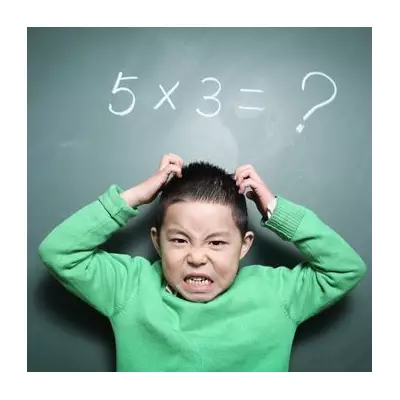
The digital revolution has transformed British classrooms, but at what cost? The Guardian's call for experiences has uncovered a growing national conversation about the role of screens in education.
The Digital Classroom Divide
Across the UK, parents and teachers are reporting a dramatic shift in how technology is being integrated into daily learning. While some hail the benefits of interactive whiteboards and educational apps, others voice serious concerns about the consequences of increased screen exposure.
What Teachers Are Reporting
Educators on the front lines describe a complex landscape:
- Decreased attention spans during traditional teaching methods
- Increased behavioural challenges when transitioning from screen to book-based activities
- Varying effectiveness of educational apps across different age groups
- Technical issues disrupting lesson flow and learning momentum
Parental Perspectives Emerging
Families across Britain are noticing changes in their children's learning habits:
- Concerns about screen time replacing physical books and hands-on activities
- Questions about the educational value of some digital resources
- Worries about the impact on children's social skills and concentration
- Frustration with the cost and maintenance of school-required devices
The Balancing Act
Many educators emphasise that technology, when used appropriately, can enhance learning. However, finding the right balance between digital and traditional methods remains a significant challenge for schools nationwide.
Looking Forward
This growing body of anecdotal evidence suggests the need for clearer guidelines and more research into the long-term effects of screen-based learning in UK schools. The conversation continues as technology evolves and its role in education expands.





